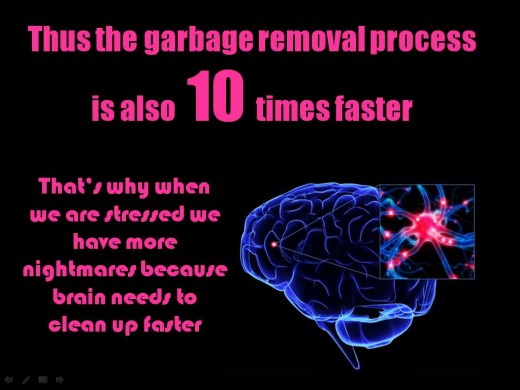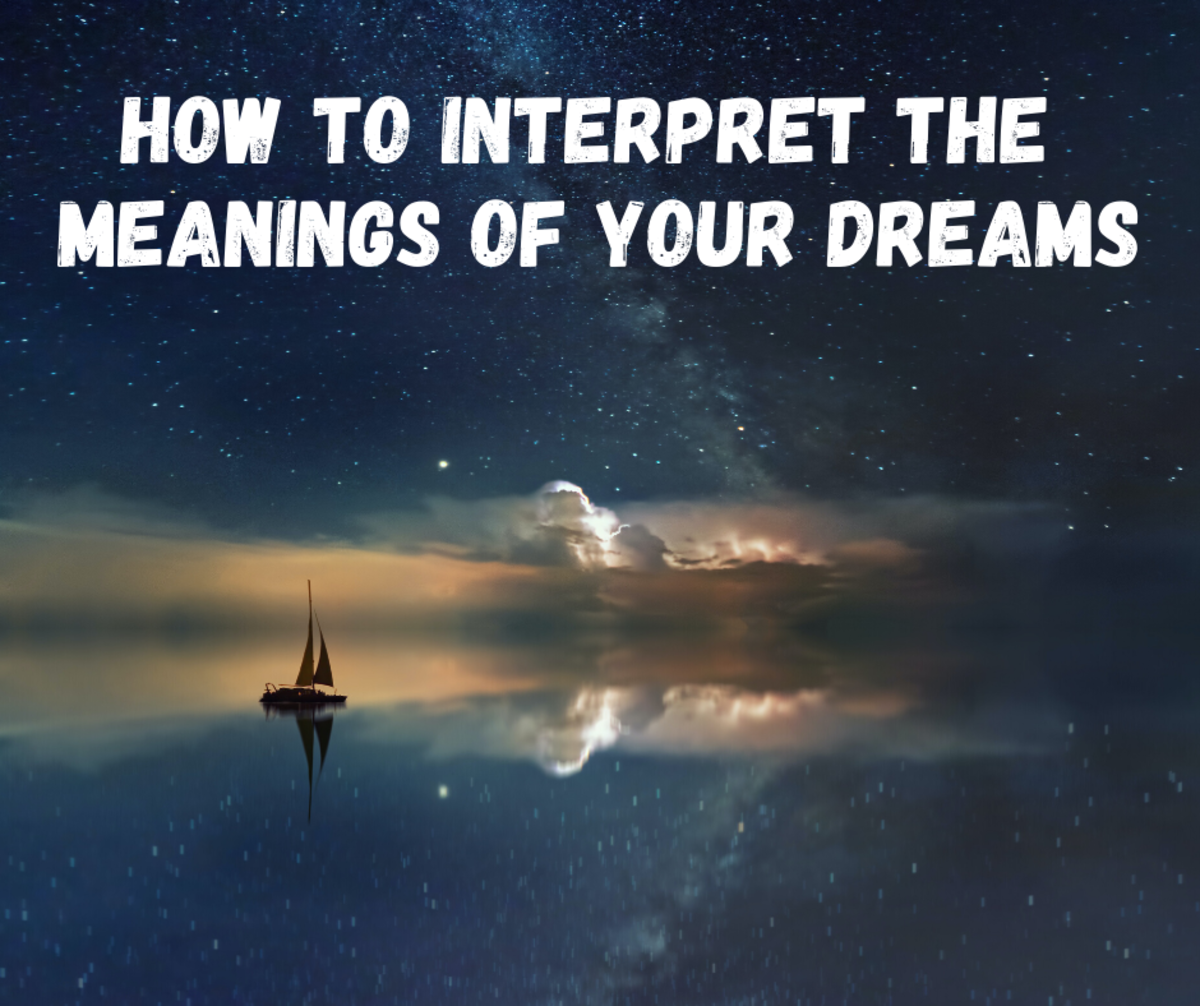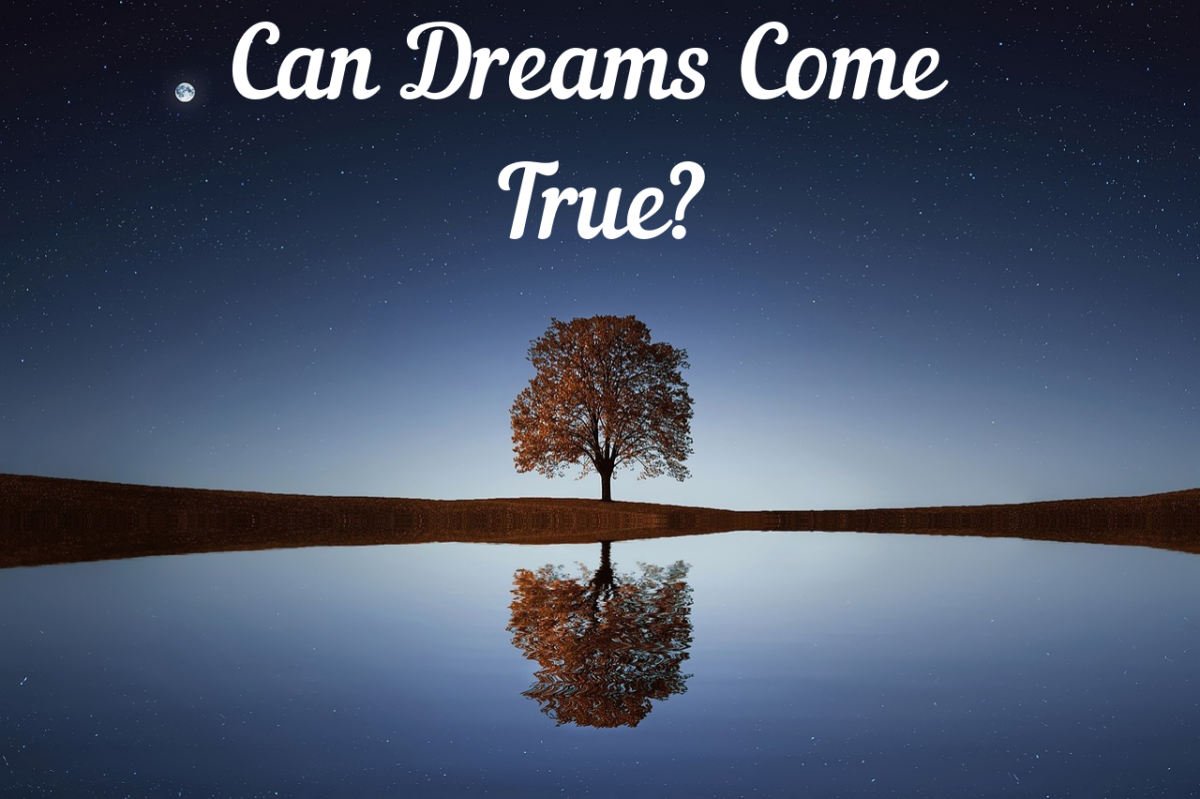Dreams: What You Didn't Know About Them!
Critics believe that our dreams do not carry any meaning at all. They say that it is just a way by which our brain throws its garbage out while reorganizing our memory. But these critics form a minority. The majority of people believe that there is much more to our dreams than just the fact that they are mere packages that our brain constructs in order to throw out its garbage. We spend at least one third of our life sleeping and on an average, one third of this sleeping time is spent in experiencing dreams. In spite of this there are people who completely deny that they dream. But according to scientific research each and every one of us dreams. This fact has been revealed by studying brain wave patterns during sleep. These patterns show a characteristic formation while a person is dreaming.
One question that comes to the minds of all of us is ‘Do our dreams mean anything’? There has been extensive research on dreams and we now know many facts.

Dream analysis
Extensive analysis of dreams by psychoanalysts has revealed some intriguing facts, details and guidelines that can be used to understand them. Psychoanalysts believe that dreams are the clues thrown by the unconscious to the surface of life. Our dreams can present some considerable vivid ideas of the very effect that our subconscious is putting on our conscious mind. Thus they believe that dreams should not be considered unimportant and as mere triviality. Psychotherapists have also given guidelines in order to understand and analyze our dreams. They say that three facts should be kept in mind:-
1. Every dream is a kind of miniature or picture of emotional situation.
2. Every person in our dreams represents some aspect in our personality.
3. The end of each dream presents the emotional goal that we seek.
When dreams are analyzed carefully, the intentions of the subconscious come out in great clarity.
Do you think that our dreams mean anything?
Before the seventeenth century, the most prevalent belief was that dreams are the messages of the Angels. It was not until the late seventeenth century that people started analyzing their dreams in search of the meaning that they carry. As this research increased people started getting the real idea of dreams. They then realized that dreams are more of the images of the inner self than anything else which are formed by the subconscious. The first man who incorporated the idea that dreams are the subconscious depiction of our emotional wants was Sigmund Freud. From mid-twentieth century, dreams have become a serious subject of study. Dream study has revealed that while we are dreaming, we have entered the REM stage or the Rapid Eye Movement stage. In this stage our eyes are closed but our eye balls move rapidly. This stage can be detected by an electroencephalograph or an EEG due to the fact that our brain emits electronic waves of high frequencies and is in a highly active state during the REM.

With the help of extensive dream study we can now establish the fact that dreams are also important for learning. It has been found that in that period when utilization of memory is more, we dream more. It has also been discovered that if a person is woken up every time he starts to dream, his learning capacity experiences a serious dip, and his foresight also decreases. With the help of these results of dream research it can be said that dreams enable us to record information that we have gathered in our wakeful hours. Dreams are also tools that help in our development and also help in solving problems more effectively in future.
Nightmares
Another facet of dreams, are nightmares. The intensity of nightmares might far cross the intensity of the worst of the real life experiences. The reasons might be many that can cause the occurrence of nightmares. They can be created by a panic stricken, stressful, anxious or tense mind. Sometimes some terrible or sad real life experiences leave a strong effect on our subconscious. These impressions might take the form of nightmares, while we are asleep. Our deep seated fears of any kind whether of future or of an unseen entity such as ghosts might also trigger such dreams. Sometimes when some illness of ours is in its infancy, and we consciously do not know about it, our brain might signal us with the help of a nightmare. This does not mean that every time we have a nightmare, we should render ourselves panicky. Fear of illness might also instigate nightmares. It has been found that things like alcohol abuse and strong medicines might also cause nightmares.

Dreams, a mystery.
The reason that makes dreams the most mysterious experiences is actually the beliefs and facts related to them, about their being a medium of foretelling future. There have been many accounts in history which indicate that this aspect of dreams might be a reality. One such account explains how a strange experience happened to the second Norman King of England, William Rufus. He died of sudden and unexplained reasons in New Forest. Before he died he had a very strange dream in which he saw his blood rising to the heavens and of sunlight becoming red. The same night a monk also had a dream in which he saw smoke coming out the king’s mouth, which was rising high in the sky.









